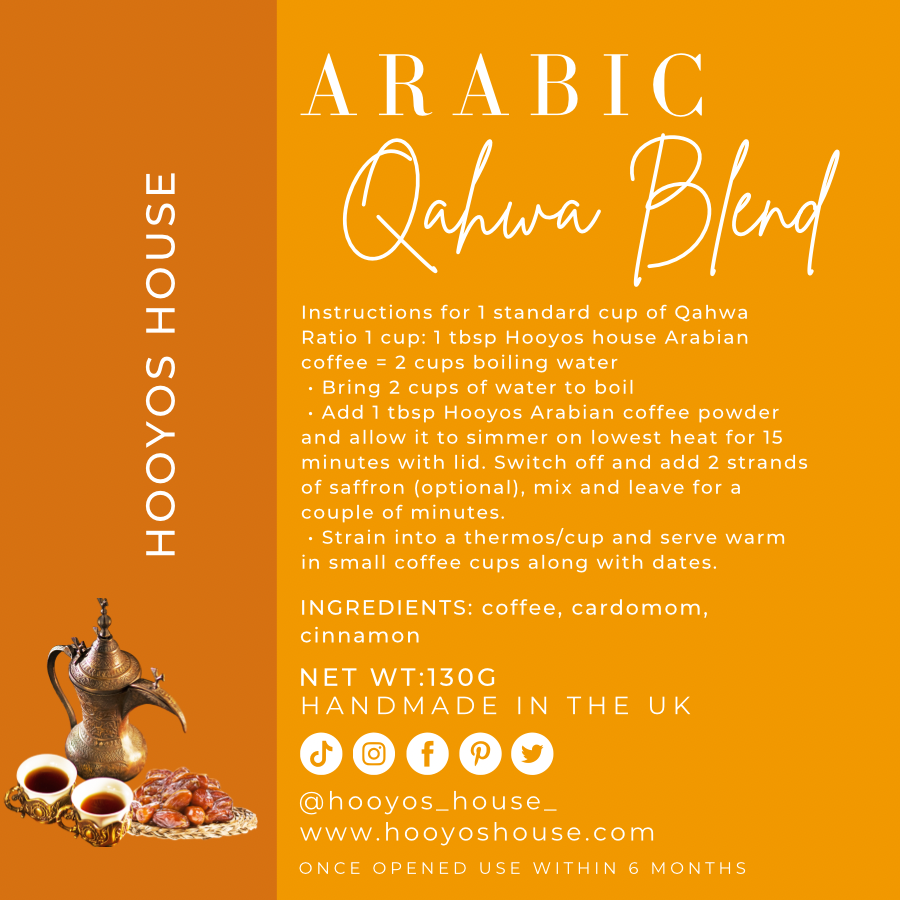Introduction
Arabian coffee, often referred to as Arabic Qahwa holds a special place in the hearts and homes of those in the Arab world. This cherished beverage is a daily ritual symbol of hospitality, culture, and tradition. In this exploration, we delve into the art of brewing Arabic Qahwa, discovering its rich history, unique preparation methods, and the warmth it brings to social gatherings.
The History of Arabian Coffee
Arabian coffee has a fascinating history that dates back centuries. Legend has it that coffee was discovered in Ethiopia and made its way to the Arabian Peninsula in the 15th century. Yemen, in particular, played a significant role in the cultivation and trade of coffee beans, becoming a hub for coffee enthusiasts. The Arabic Qahwa culture flourished, spreading its aromatic influence throughout the Middle East.
The Art of Arabic Qahwa Brewing
Brewing Arabic Qahwa is an art that involves meticulous attention to detail. Traditional Arabic coffee is made using lightly roasted coffee beans, often flavored with cardamom for an extra layer of complexity. The preparation process involves grinding the beans to a fine consistency and then using a dallah, a traditional Arabic coffee pot, for brewing.
The dallah symbolizes hospitality and is commonly found in Arab households. The coffee is brewed over low heat, allowing the flavors to develop gradually. Arabic Qahwa is served in small cups, known as finjaan, and is often accompanied by dates or other sweet treats. The experience of sipping on Arabic Qahwa transcends the act of consuming a beverage; it is a moment of connection, conversation, and cultural exchange.
Arabic Qahwa in Modern Times
While the traditional preparation of Arabic Qahwa remains prevalent, modern times have seen an evolution in the coffee culture across the Arab world. Coffee shops offering a variety of international blends coexist with traditional Arabic Qahwa establishments. This blend of old and new reflects the dynamic nature of Arab society, embracing both its rich heritage and the influences of the global coffee scene.
Arabian Coffee as a Symbol of Hospitality
In Arab culture, serving Arabic Qahwa is a gesture of hospitality and friendship. When guests arrive, offering them a cup of coffee is customary as a sign of welcome. The preparation and serving of Arabic Qahwa are accompanied by traditional rituals, creating an intimate and comforting atmosphere. The sharing of coffee fosters connections, whether in family settings or during social gatherings.
Arabian Coffee and its Cultural Significance
Arabic Qahwa goes beyond being just a beverage; it symbolizes cultural identity and pride. The warmth of the coffee, the aromas of cardamom, and the shared moments around the dallah contribute to a sense of community and belonging. The rituals associated with Arabic Qahwa have been passed down through generations, preserving the cultural fabric of the Arab world.
Conclusion
In conclusion, Arabian coffee, with its flagship representation in Arabic Qahwa, encapsulates the essence of Arab culture and tradition. The art of brewing and serving this beloved beverage has stood the test of time, adapting to the changing landscape while preserving its authenticity. Whether in the comfort of one's home or a bustling coffee shop, Arabic Qahwa continues to be a source of connection, conversation, and community.
For those eager to explore the world of Arabian coffee, including the delightful experience of Arabic Qahwa, visit hooyoshouse.com. Discover a curated selection of premium coffee beans, traditional Dallas, and the tools to embark on your journey into the heart of Arabic coffee culture.






Comments